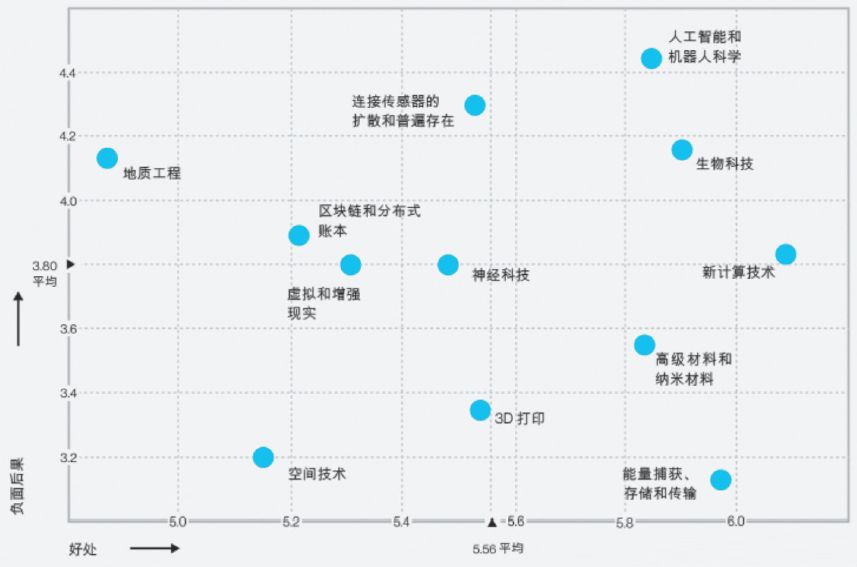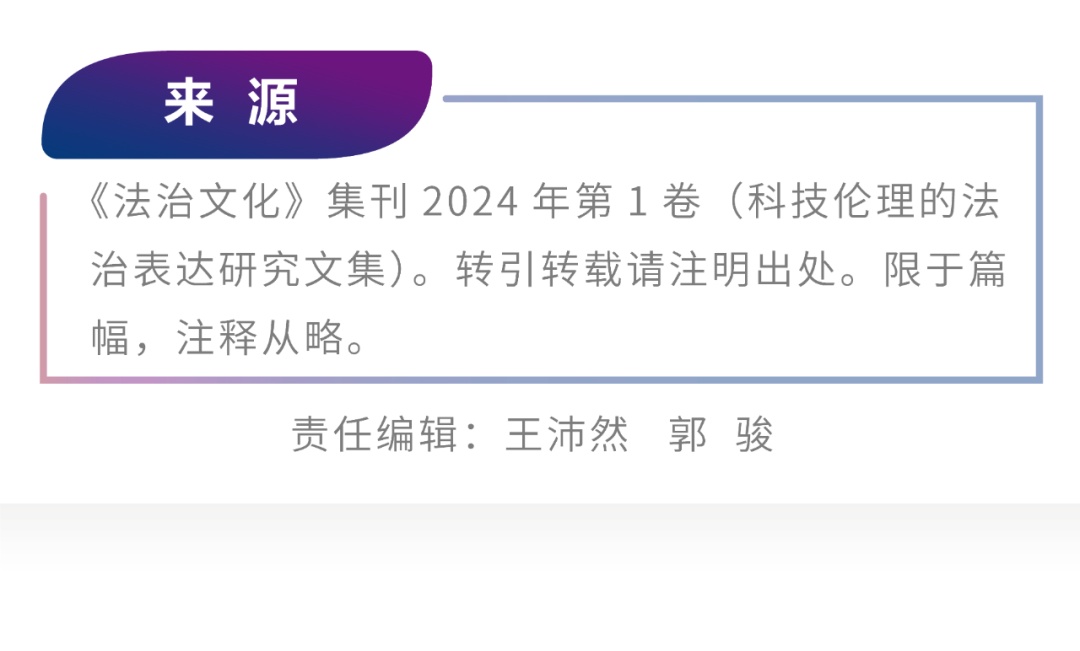Liu Yaqi: Research On The Ethical Security Guarantee Mechanism Of Generative Artificial Intelligence In Smart Library
Liu Yaqi: Research On The Ethical Security Guarantee Mechanism Of Generative Artificial Intelligence In Smart Library
Research on the mechanism of ethical security guarantee
Generative artificial intelligence in smart libraries
Research on the mechanism of ethical security guarantee
Click on the video to watch ↓↓↓

Liu Yaqi
Associate Professor, Master's Supervisor, Director of Information Department, Party Branch Secretary
The main research directions are privacy and security protection, artificial intelligence ethical governance, etc.
Member of the National Computer Association, Member of the Chinese Information Economics Society, and Member of the Hubei Information Society. He won the third prize of Hubei Science and Technology Progress Award and the third prize of Hubei College Teaching Achievement Award. He has published more than 30 papers, presided over 2 national general social sciences and youth projects, commissioned a number of scientific research and education reform projects at provincial and ministerial levels, school-level and government units, wrote 2 monographs, and 2 results of building think tanks.
In recent years, for example, the rapid development of generative artificial intelligence (AIGC) has made readers' way of obtaining knowledge more convenient and efficient. However, while AIGC brings us convenience, it also brings a series of ethical security issues, such as moral values, intellectual property issues, privacy and data security issues, information quality issues, etc. To deal with these problems, the focus of this research is how to enable generative artificial intelligence to play a better role in smart libraries while avoiding ethical risks. This study proposes two core ideas:
01
"Human-machine co-governance" and "Model Mounting". That is, let humans and AIGC participate in governance together, rather than relying entirely on technology. At the same time, a special ethical security guarantee module is mounted on the artificial intelligence model of the smart library.
02
Establish an ethical evaluation system. This system can analyze the behavior of AIGC, identify possible ethical problems, and guide AIGC to make its content safer and more compliant. Associate Professor Liu Yaqi also designed an ethical learning reward mechanism, which allows AIGC to continuously optimize its output and reduce ethical risks through rewards.
In terms of practical applications, it is planned to conduct pilot projects in university libraries first, and a new governance model of "multi-level risk assessment multi-agent collaborative guarantee multi-scenario application demonstration" is proposed, hoping to break through the current ethical bottleneck in the development of smart libraries.
School of Information Engineering





